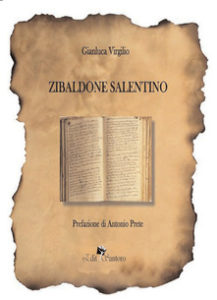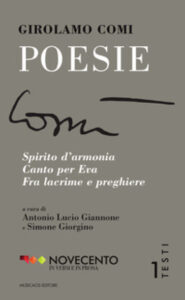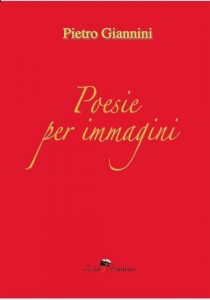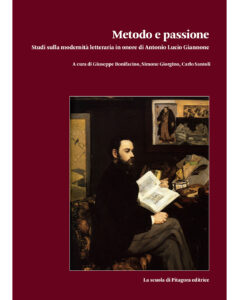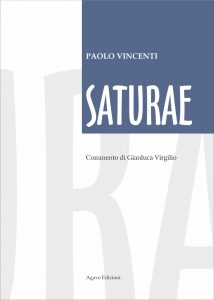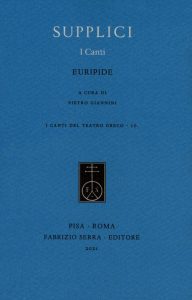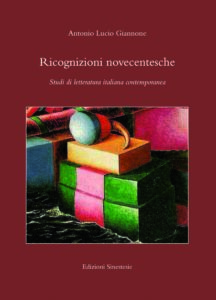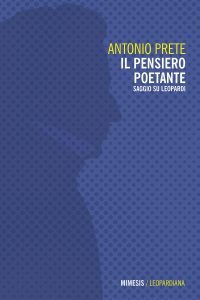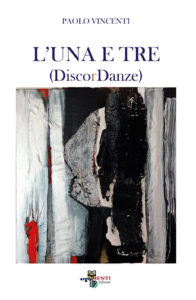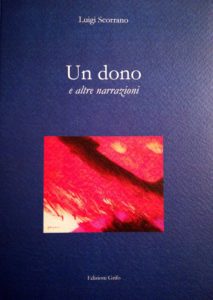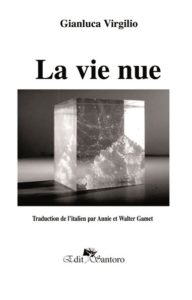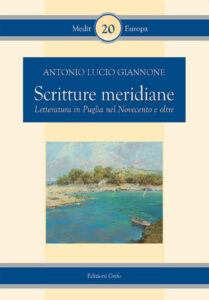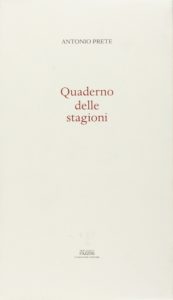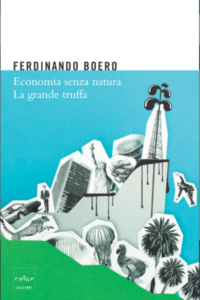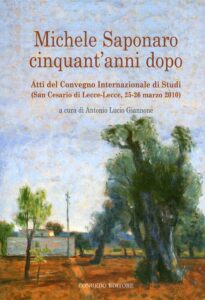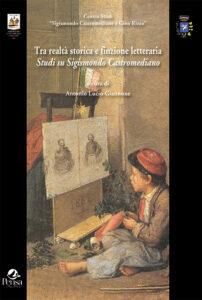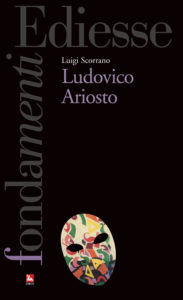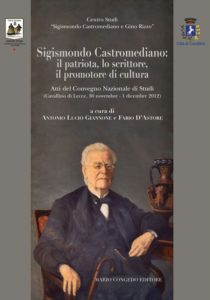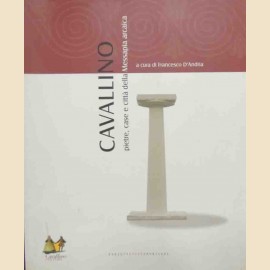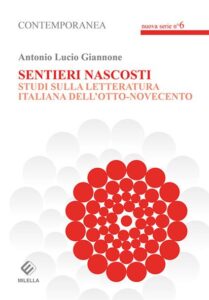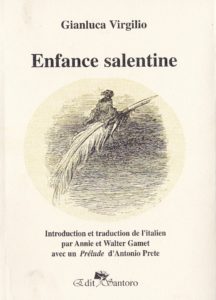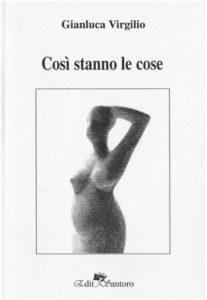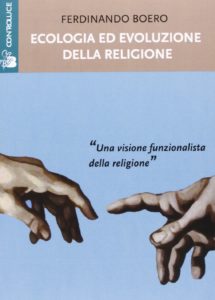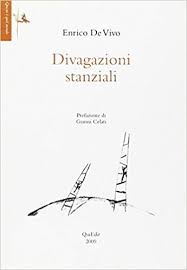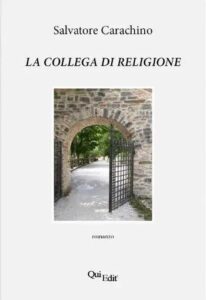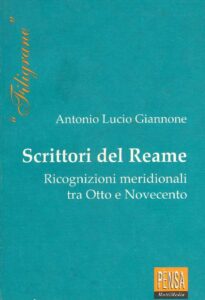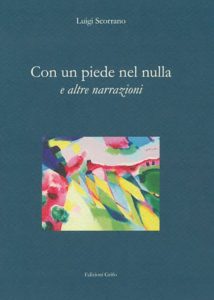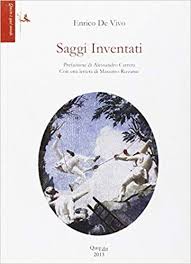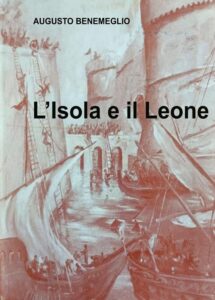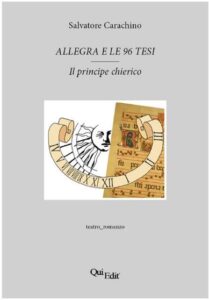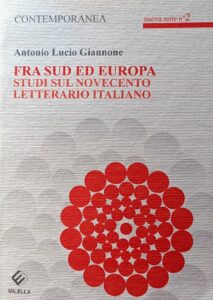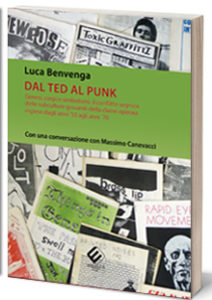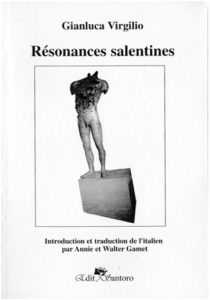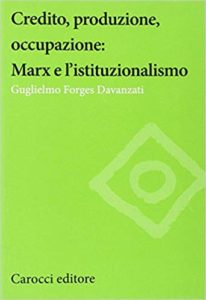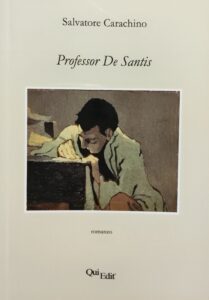 di Marco Capriz
di Marco Capriz
The Age of Enlightenment marked the turning point in the way knowledge of the natural world and the way societies organize themselves was acquired.
Knowledge shifted from something that was generally given to a population as instructions by an unquestionable authority to something that could be discovered, invented or reasoned by any individual.
But whereas the age of Enlightenment has been seen generally as the age from which religion lost influence to reason, it is clear today that religion, not reason, is still a driving force in many of humanity’s endeavors. Indeed it would seem that some of the world’s most intractable problems can be traced back to un-enlightened received beliefs whose successful spread defies the possibilities opened up by great Enlightenment thinkers like Kant, Voltaire, Locke and Newton.
Was Enlightenment wrongly celebrated as the beginning of the Age of Reason? To accept this premise one would have to believe that religion was either made irrelevant by the enlightened thought that “replaced” it, or that Enlightenment in some way forced religion to adapt its stance towards the interpretation of the natural world.
There are two main problems with these assumptions. The first is the vastness of what the words “natural world” cover. Is it restricted only to the domain of science, which is generally interpreted as physics, mathematics, chemistry or biology, disciplines that allow predictions to be made about “non-moral” events, or does it also cover the way societies and human affairs are organized?
The second problem is that for either religion or reason to prevail in any of those areas, one or the other must cede domain in a way that negates somewhat its fundamental beliefs. If religion were to compromise to reason the implication would be that science has eminent domain over the world, without the need for an all-controlling divinity that gives knowledge to humans through “revealed law”. Conversely the implication of reason allowing religion to have domain over any part of the natural world is that the principles of received opinion and dogmatic thought could still be allowed to prevail over the scientific method. Given that the concepts of divinity on one side, and deduction from observation (that are the basis of the scientific method) on the other are at the heart of both approaches to the explanation of the natural world, the irreconcilable conflict that ensues from compromise becomes evident.
So did Enlightenment really signal the beginning of the Age of Reason? Probably not. Religion may have become less relevant as the euphoria of discovering unfettered human potential spread around the world, but it is arguable that in some cases it became stronger as a result. We see the spread of fundamentalist beliefs today in a context that is far more modern than it was in the 18th Century, so what does this say about the success of enlightened thought?
To understand the contradiction that this question highlights one might look for explanations in the work of the first person who answered the question “Was ist Aufklärung (What is Enlightenment)?”
According to Michel Foucault, Immanuel Kant takes a “negative” approach to the definition as “an ‘exit, a ‘way’ out”[1]of ignorance. Kant believed that one of the greatest responsibilities for an individual was to rid himself of the shackles of received belief, to look independently for answers rather than accept those given to him. This would seem to put Kant at odds with any institution that is dependent on the faith of its followers. Faith negates reason. The two cannot coexist in an enlightened person.
The idea that individuals not only might have the possibility of reasoning independently from an authority such as the State or the Church, but that they might develop ideas that are in conflict with those espoused by such institutions, was one that immediately weakened the authority of those entities. State and Church handled this weakening differently. Although through different paths (some violent, others less), States managed the transition from absolute to delegated power reasonably well, and managed to survive as institutions by incorporating the Enlightenment ideas of John Locke (among others) that they should govern according to discovered, not received natural law, through a trustor/trustee relationship. States re-invented themselves as a new type of administrative entity in which the traditional governors still ruled, but through power that was now delegated to them on a regular basis, and in cooperation with guiding counsel from parallel entities such as Parliaments or National Assemblies. Compromise was possible once States abandoned the dogma of absolute rule.
Abandoning dogma was harder for the Church. As Jonathan Sheehan observes
“Enlightenment and Religion […] make a difficult marriage.[2]” He notes that the classical view of the Enlightenment as “freedom of religion entailed freedom from religion[3]” may not be entirely accurate. Whereas the advances in the understanding of the natural world that originated from Newton, Leibnitz, and later Darwin and many other natural philosophy luminaries have survived the test of time and countless reviews for accuracy, the (at many times contradictory) domain of the Church still has a large influence on the interpretation of both nature and human affairs. Some might argue that this is truer today than it was during the 18th Century. As hard as it may be for religion to admit to past error in the interpretation of the natural world (the Catholic Church only “pardoned” Galileo in 1992), it is even harder for it to admit failure in its interpretation over how individuals and society should behave. Is this chasm unbridgeable?
Again, probably not. Enlightenment thinkers did allow, to some extent, for the Church to retain domain over human affairs. As well as proposing that an individual ought to exercise freedom of independent thought, Kant also believed that societies ought to be guided by certain “moral imperatives” which in his view would be absolute. Here is a clear avenue for religion to be involved in the Enlightenment process. In Kant’s view moral imperatives and the duty to reason were not incompatible, but a necessity. Judeo-Christian churches embraced Kant’s philosophy readily, particularly as a reply to later interpretations of moral obligations that were developed by John Stuart Mill and the Utilitarian movement. To some lesser extent John Locke also saw the necessity of religion, as he believed the contract between the State and its citizens depended on “Divine Will”, although he subordinated divine (received) law to natural (discovered) law when the two were in conflict. Newton, who wrote as much on religion as he did on physics, and whose legacy could arguably be said to have lasted unchanged for longer than any religious belief has, could not bring himself to divorce his views of the natural world from the idea that a creator must be overseeing it. In Principia Mathematica he famously wrote:
This Being governs all things, not as the soul of the world, but as Lord over all: […] The supreme God is a Being eternal, infinite, absolutely perfect; […] It is the dominion of a spiritual being which constitutes a God; a true, supreme or imaginary dominion makes a true, supreme or imaginary God. And from his true dominion it follows, that the true God is a Living, Intelligent and Powerful Being; and from his other perfections, that he is Supreme or most Perfect. He is Eternal and Infinite, Omnipotent and Omniscient; that is, his duration reaches from Eternity to Eternity; his presence from Infinity to Infinity; he governs all things, and knows all things that are or can be done. […] He endures for ever, and is every where present; and by existing always and every where, he constitutes Duration and Space[4].
Such a eulogy from the father of modern physics would seem to allow for a deity to be present and have an influence over the endeavors of man. But if one reads carefully the paragraphs above there is nothing in them that indicates a deity that humans can relate to. It is a “clockmaker” deity, but not necessarily an entity that would respond to human pleas.
The strength of any organized church, however, derives from its ability to convince people that only through its chosen intermediaries or by obeying its liturgies, one can communicate effectively with the divine. This mediation process that churches offer is the reason that mystic interpretations of religion (such at Christian Gnostics and the Muslim Sufis) have been proscribed as heretical through the ages by them (Sufis are one of the Muslim sects that are bearing the brunt of the pious wrath of ISIS in the areas they control today). So clockmaker divinities (i.e. an entity that controls all but with whom one cannot interact) imply that God is still present but Churches have no effect on whatever He may decide to do.
Therefore it is arguable that the Enlightenment did not necessarily do away with the concept of an overall controlling divinity, but it questioned the ability of any organized religion to mediate with any supreme controller. Arguably this is why Churches and organized religion could never accept this version of reality. Already weakened by scientific discovery that predicted natural events with far greater accuracy than religious dogma, organized religion could not allow itself to be weakened further by claims of their impotence in their relationship with a deity towards whom they claimed exclusive and infallible conduit. Whereas the enlightened rulers of a State can compromise by abandoning the requirement of absolute rule and still govern, the apparatus of a Church inexorably requires a degree of blind faith from its followers. Faith and reason may be equally valued by an individual, but for a Church to hold domain over him as an institution (with authority over that person’s morality and well-being both in his earthly life and the afterlife) its authority on these matters cannot be questioned.
Arguably it is for this reason that organized religions were and still are unable to fully embrace all the ideals of the Enlightenment. By doing so they would negate their necessity.
Bibliography.
Michel Foucault. “What is Enlightenment?” (“Qu’est-ce que les Lumières?”), (The Foucault Reader, New York, Pantheon Books, 1984)
Jonathan Sheehan. “Enlightenment, Religion and the Enigma of Secularization: A Review Essay” (The American History Review, Vol. 108, No. 4, October 2003)
Isaac Newton, Principia, ed. Stephen Hawking (Philadelphia: Running Press, 2002)
[1] Michel Foucault. “What is Enlightenment?” (“Qu’est-ce que les Lumières?”), (The Foucault Reader, New York, Pantheon Books, 1984), pp. 32-50.
[2] Jonathan Sheehan. “Enlightenment, Religion and the Enigma of Secularization: A Review Essay” (The American History Review, Vol. 108, No. 4, October 2003), page 1064
[3] Ibid., 1065
[4] Isaac Newton, Principia, ed. Stephen Hawking (Philadelphia: Running Press, 2002), 426–27.

